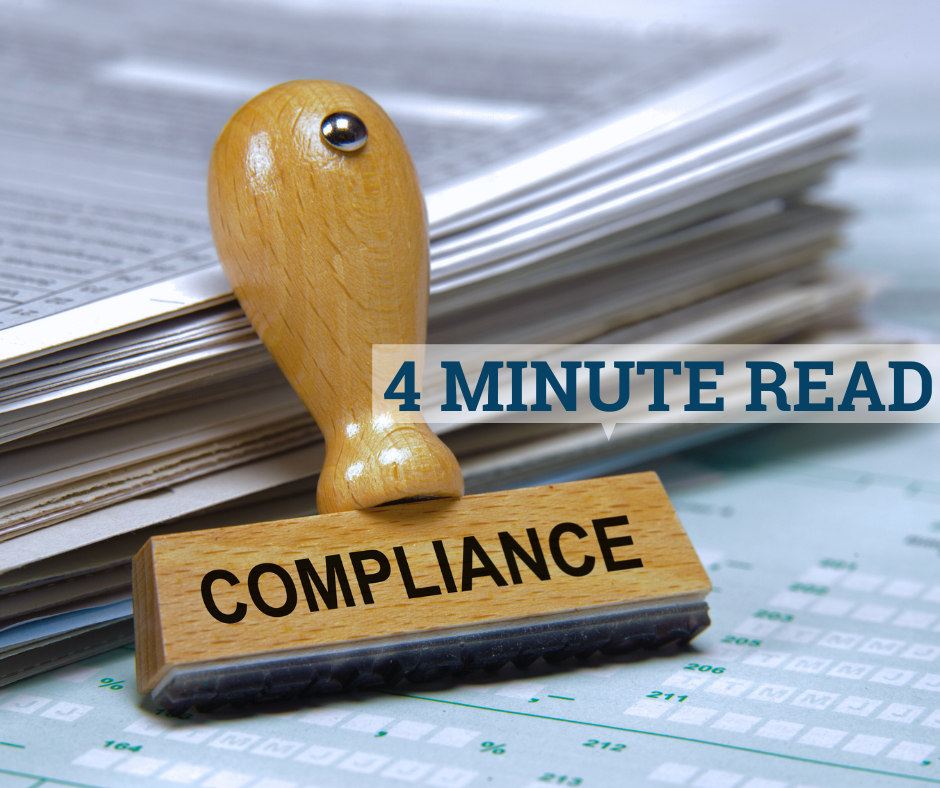
In today’s fast-paced business environment, many employers underestimate the importance of remaining compliant with employment laws and regulations. Underestimating the significance of compliance can have serious repercussions, including audits, lawsuits, and damage to your company's reputation.
For human resources professionals, it’s imperative to stay on top of all the employment laws that your organization is subject to. Ignoring these regulations can hinder your ability to hire and retain talent. It’s crucial to recognize that compliance is not just a legal obligation but a foundation for a successful and sustainable business. Let’s explore some common compliance mistakes that you may be overlooking.
Classifying Employees Incorrectly
Misclassifying employees is a common mistake that can lead to costly penalties. The Department of Labor (DOL) provides specific guidelines for classifying employees as exempt or non-exempt. Exempt employees are not entitled to overtime pay, while non-exempt employees are. This classification depends on factors such as job duties, level of responsibility, and salary, not just job titles or work environments. Correct classification is crucial for accurate payroll processing, record keeping, and compliance with labor laws.
Mishandling Hiring Paperwork
Properly managing hiring paperwork is essential to avoid legal complications. Form I-9, which verifies an employee's eligibility to work in the U.S., must be completed accurately and on time. Employers must ensure that all sections of the form are filled out correctly, including dates and signatures, and that valid supporting documents are provided. Common errors include missing information, incorrect documentation, or failure to update forms for employees with temporary work visas. Employers should provide clear instructions to new hires about acceptable documentation and ensure that all paperwork is completed on time. Failure to comply can result in hefty fines and legal issues.
Ignoring Safety Regulations
Compliance with safety regulations is critical to protecting employees and avoiding legal liabilities. The Occupational Safety and Health Administration (OSHA) requires all employers to provide a safe working environment free from recognized hazards. This includes providing necessary safety training, equipment, and protective gear, such as hard hats and eye protection. Employers must regularly communicate safety protocols and ensure that employees are aware of and adhere to them. Implementing a comprehensive safety training program can help employees understand potential hazards and the steps to take in case of an incident.
Failing To Stay Compliant During Growth
Rapid growth can lead to increased compliance challenges, especially as employee numbers rise. Businesses must be cautious when reclassifying employees or hiring independent contractors to avoid violating labor laws. Independent contractors must operate as separate entities, providing their own tools and setting their own hours. Misclassifying employees as contractors to circumvent benefits or tax obligations can lead to significant legal issues. As your business grows, regularly review compliance requirements to ensure all aspects of the law are being met.
Not Staying Up To Date
Staying updated with the changing landscape of employment laws is crucial for maintaining compliance. Regulations can vary significantly at the local, state, and federal levels, and new laws are frequently enacted. Business leaders must be aware of rules governing sick leave, employee privacy, hiring practices, workplace safety, and more. Failure to keep policies current can result in non-compliance and potential legal action. Regularly reviewing and updating company policies to reflect changes in the law can help mitigate risks and ensure your business remains compliant.
Stay Compliant With GMS
GMS offers expert guidance to help businesses navigate the complex world of compliance. Whether it's payroll, HR, or risk management, GMS provides the tools and support needed to ensure your business remains compliant with all relevant regulations. By partnering with GMS, you can focus on growing your business while we handle the intricacies of compliance. Contact us today and discover how we can support your compliance needs.